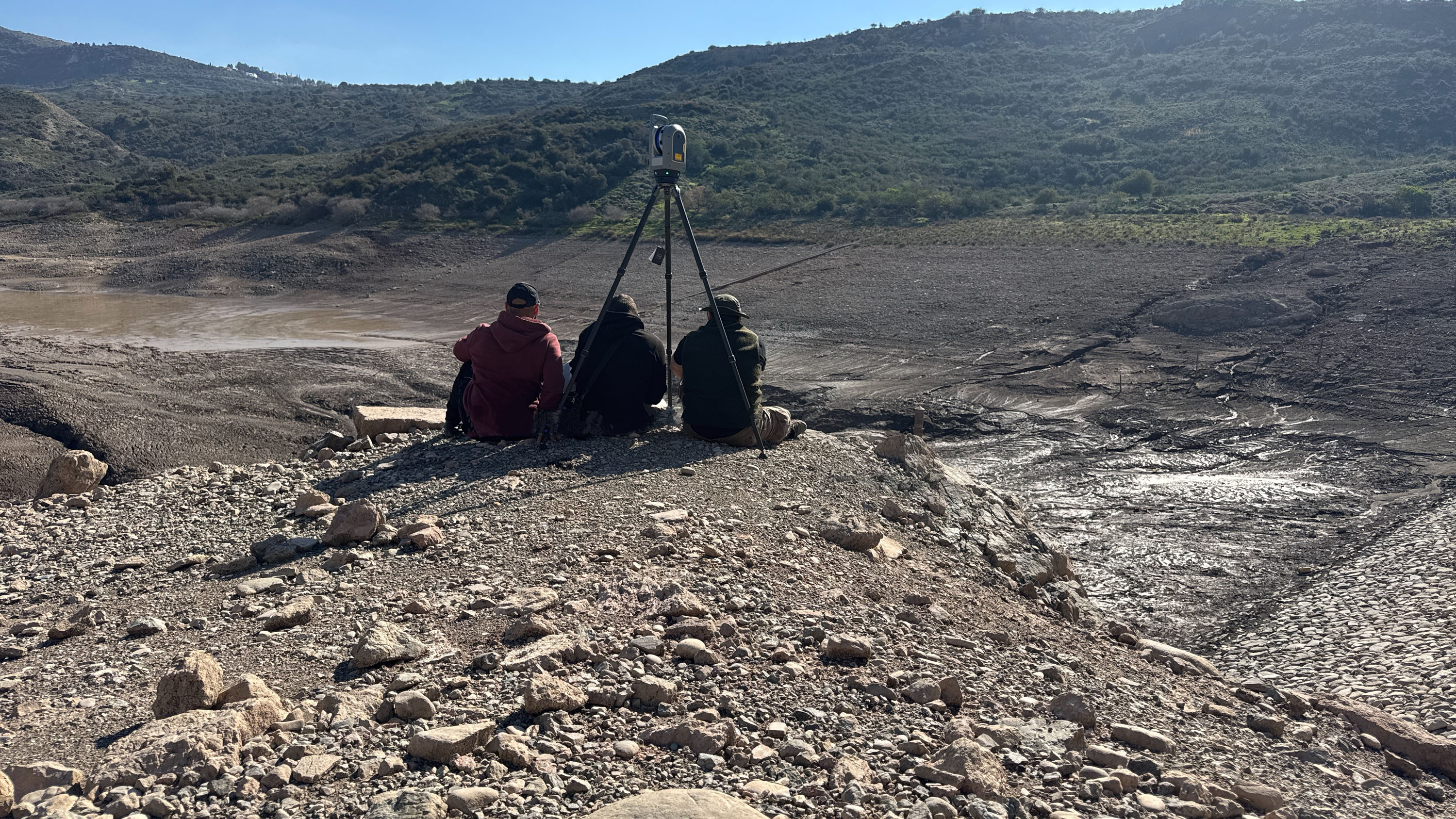By Eleni Panayiotou
Following the tragic wildfires in the Troodos foothills the importance of water and to be more precise the scarcity of it, becomes more prevalent than ever. The constant reminder of how precious water is was a large part of my childhood in Cyprus. Indeed, as I moved countries this stayed with me and now that I find myself back in Cyprus, I wonder why we are still trying to pass the message on, when it should in fact be a part of who we are.
This summer, the island’s dams are holding less than 20 per cent of their capacity, according to the water development department. That’s less than one fifth; a real emergency.
Despite this we continue to often treat drought in Cyprus as a seasonal inconvenience, a sort of summer glitch. But in fact, this is far from reality; this glitch is part of a global trend. According to the World Drought Atlas, droughts worldwide have increased by nearly 30 per cent since the year 2000 a sign that the planet’s water cycle is shifting, but we are still behind it seems, trying to catch up.
But drought isn’t just about a lack of rain it’s fundamentally about human behaviour. We’re over-extracting, polluting and mismanaging water systems across the world. We’re building cities where there should be forests and we’re producing food in ways that use more water than necessary. Wealthier nations – ours included – consume water-intensive products that deepen shortages elsewhere and all of this is feeding into a growing crisis.
Globally, around 2.3 billion people live under water stress and that number is rising. In many parts of Africa, smallholder farmers – people who rely almost entirely on rain are already struggling as they lack irrigation systems, drought-resistant seeds and safety nets. Drought can contribute to and exacerbate food insecurity by diminishing agricultural productivity, leading to food shortages and to a reduction in income for farmers and agricultural wage labourers.
Cyprus is affected by desertification due to climate change and has declared itself as such to the United Nations Convention to Combat Desertification (UNCCD). The urgency of the situation has led to the EU urging Cyprus to take immediate action to mitigate desertification, which is also evident across Southern, Central and Eastern Europe.
This means that agriculture in particular is at the heart of this issue as it uses 70 per cent of global freshwater resources and at the same time is heavily affected by the global water crisis.
In Cyprus, where many farmers still depend on rainfall, the problem intensifies if we look at it from the ground up. Soil quality is a much-overlooked factor when we discuss drought. Cypriot soils, are of poor quality, with the Soil Organic Carbon (SOC) content of productive agricultural land being as low as 1 per cent , which is lower than the widely suggested SOC threshold of 2 per cent for sustaining soil quality and avoiding potential soil deterioration.
What does this mean? That soil needs enough organic matter to retain water moisture effectively, if we add the low rainfall to this then we have a situation exacerbated.
How can this be solved? The addition of compost to soil can replenish organic matter and is an effective way to combat soil deterioration and desertification. Compost improves the soil’s ability to retain water and it makes it readily available for plant uptake when needed, increasing drought resilience and supporting sustainable farming practices.
Unfortunately, many farmers are unaware of the impact soil composition has on their water resilience. But it’s not difficult for us to aid in the restoration of soil while also decreasing methane production in landfills and promoting circular economy; just think of all the prunings, trimmings and food waste that could be diverted!
An array of projects wordwide are currently testing innovations in pilot areas that blend nature-based solutions with technology and social support – such as restoring land, reusing wastewater, recharging groundwater. A necessary transdisciplinary approach empowering local communities through education.
Terrasafe, a project coordinated by the University of Aveiro with a consortium of 18 partners, is exploring how local communities in southern Europe and northern Africa can tackle desertification. In Cyprus, the project involves AKTI Project and Research Centre, the Cyprus Institute, and Isotech Ltd.
The bottom line is that water scarcity and its effects should not still be a lesson we’re learning. In Cyprus, it’s there, in our collective memory – etched into the dry riverbeds and empty reservoirs; we shouldn’t have to keep reminding ourselves that water is life.
Eleni Panayiotou is Communications Coordinator at Isotech, journalist and media strategist.






Click here to change your cookie preferences